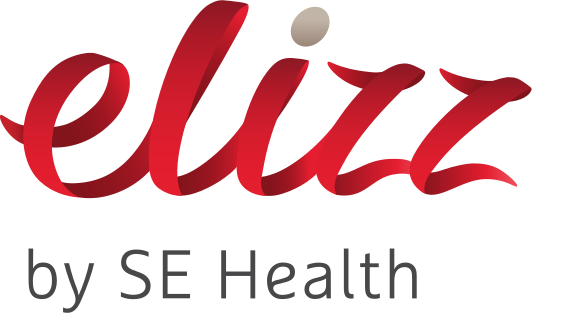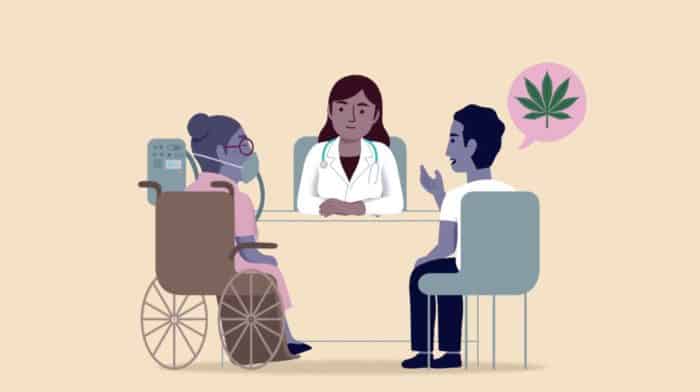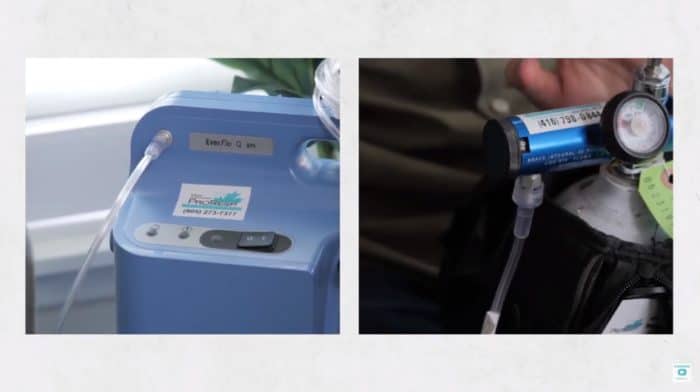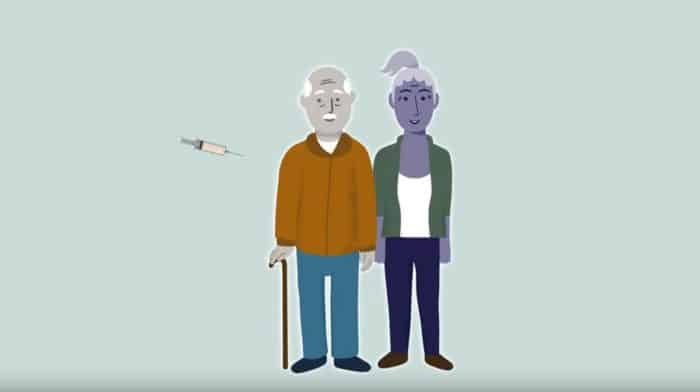Understanding Alternative Medicine and Therapies
If the person you’re caring for is struggling with symptoms from a chronic condition like diabetes or arthritis, using alternative medicine may help.
In this video we’ll explain what this type of medicine is, and explore how it may or may not help you in your caregiving situation.
If the person you’re caring for is struggling with symptoms from a chronic condition like diabetes or arthritis, using alternative medicine may help.
In this video we’ll explain what this type of medicine is, and explore how it may or may not help you in your caregiving situation.
Alternative medicine is a medical treatment that some doctors may consider non-traditional care. It can work well to help manage a chronic condition or its symptoms when used alongside more traditional or conventional western medicine.
Some examples of alternative therapies could include massage therapy, yoga, homeopathy or acupuncture.
You can visit our careguide for more examples of types of alternative medicine below.
Using alternative medicine can have several advantages.
In some cases, alternative medicine works just as well as conventional medicine. For example, if the person you’re caring for struggles with back pain, getting massage therapy from a registered massage therapist may be just as effective as taking painkillers for relief.
Since alternative medicine generally focuses on healing the whole body, the person you’re caring for may feel more overall wellness than with treatments designed to heal one specific part of the body.
Some alternative therapies like yoga and meditation have little to no side effects, and may also help to lower the side effects that can sometimes come with conventional treatment.
Unfortunately, there are also some disadvantages to using alternative medicine as well.
Alternative medicines often take time to work, and may not be effective against conditions or symptoms that need to be relieved right away.
Make sure that any natural health products the person you’re caring for uses are approved by the Natural and Non-prescription Health Products Directorate or N N H P D for short. If a product is approved, there will be a special number on the bottle starting with N P N or D I N dash H M.
Certain over the counter natural supplements may not be safe when mixed with other medications, so it’s important that you and the person you’re caring for consult a doctor or pharmacist before starting on any new supplements or herbal remedies.
Alternative options can sometimes be more expensive than conventional treatment, and some provinces do not offer coverage for them, so it’s a good idea to make sure that the person you’re caring for is covered under their health plan.
Although it may not work for everyone, finding the right alternative complementary treatment for the person you’re caring for could make a big difference in their life.
Be sure to visit our CareChannel site for more caregiver support and resources.






